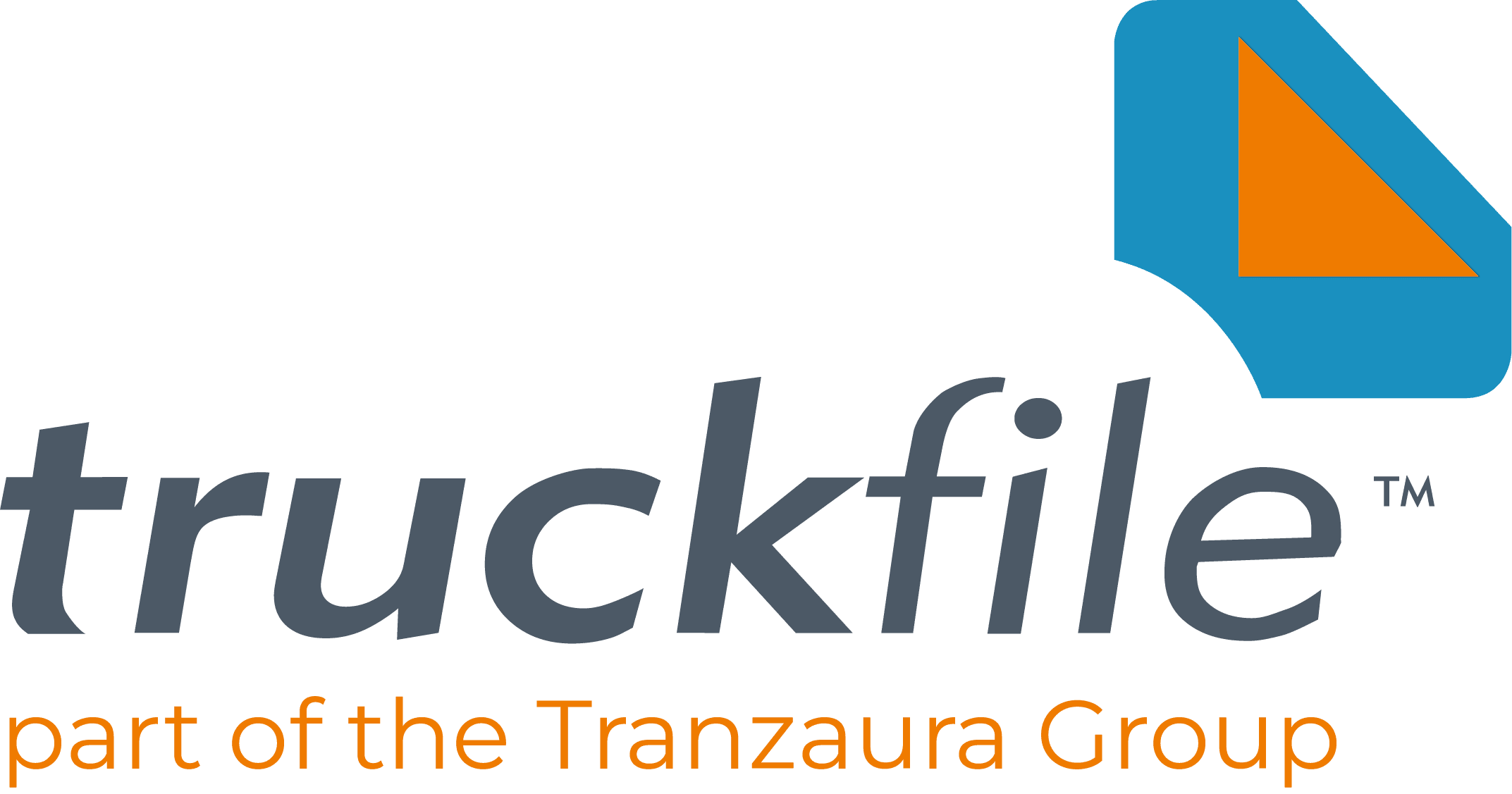In the bustling streets of London, the safety of road users is paramount. With heavy goods vehicles (HGVs) being an integral part of the city’s logistics network, ensuring they operate safely is crucial… And that’s where the Direct Vision Standard (DVS) comes into play.

What Is the Direct Vision Standard?
Introduced by Transport for London (TfL), the DVS is designed to improve the safety of all road users by reducing risks posed by HGVs. It measures how much an HGV driver can see directly through their cab windows, without relying on mirrors or cameras. This assessment focuses on the potential blind spots that can obscure pedestrians, cyclists, and other vulnerable road users from the driver’s view.
Changes Coming Soon: 28th October 2024
The DVS is set to undergo significant updates on 28th October 2024. This is an important date for fleet operators, as the requirements will become stricter. With the deadline fast approaching, ensuring compliance is no longer a distant task—it’s just around the corner. HGV operators will need to act swiftly to prepare for the new rules or risk facing penalties.
How Does the DVS Work?
The DVS applies to HGVs weighing more than 12 tonnes and rates them on a star system, from zero (poor visibility) to five stars (excellent visibility). Currently, vehicles must meet a minimum one-star rating to operate in Greater London. After 28th October 2024, this requirement will be updated, and vehicles will need a higher level of compliance, likely involving more advanced safety systems.
For HGVs that do not meet the required star rating, operators must install additional safety systems and apply for a Safe System permit to continue operating. These systems may include:
- Cameras and sensors to alert drivers of vulnerable road users.
- Class V and VI mirrors to improve indirect visibility.
- Side under-run protection to prevent cyclists from being dragged under the wheels in the event of a collision.
Why Is the DVS Important?
The introduction of the DVS is part of TfL’s broader Vision Zero initiative, which aims to eliminate deaths and serious injuries on London’s roads by 2041. HGVs are involved in a disproportionately high number of fatal collisions, particularly with vulnerable road users. By improving the direct vision of HGV drivers, the DVS is expected to reduce these incidents significantly.
Since March 2021, the DVS has been a legal requirement for HGVs entering London. With the changes coming into effect in October, it’s more important than ever for fleet operators to ensure their vehicles meet the standards. Non-compliance can result in heavy fines, adding a financial incentive to ensuring vehicles meet the upcoming changes.
What Does This Mean for Fleet Operators?
Fleet operators must ensure their vehicles meet the necessary DVS rating or have the appropriate Safe System in place. With the 28th October deadline approaching, this might require modifications to existing vehicles, including fitting safety cameras, sensors, and mirrors. Regular maintenance and checks are crucial to ensure these safety systems function properly and remain compliant with the updated DVS.
Operators can check the DVS rating of their vehicles through TfL’s online tool. Once compliant, they must apply for a permit to operate within Greater London. The process is straightforward, but failure to comply could result in fines of up to £550 per day, making it essential for fleet operators to act swiftly.
How can Truckfile help?
At Truckfile, we understand the importance of compliance and safety. Our digital fleet management software makes it easy to keep track of vehicle maintenance, ensuring that your HGVs meet the latest safety standards, including the upcoming changes to the DVS and Safe System requirements.
Through our platform, you can schedule regular checks, log safety upgrades, and maintain a record of all compliance actions taken, helping you stay on top of regulatory changes and avoid costly fines.
For more information on the Direct Vision Standard, visit Transport for London’s official DVS page, and read more about Truckfile’s digital fleet management solutions.
